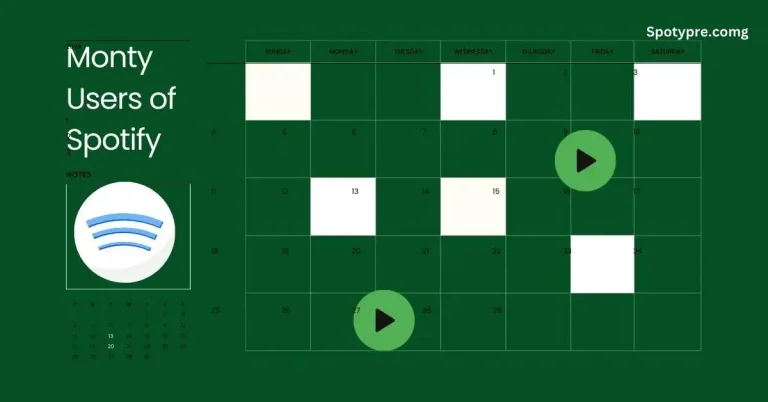Exploring Spotify GPT: Revolutionizing Music Recommendations
Spotify, one of the world’s leading music streaming platforms, has embraced artificial intelligence (AI) to revolutionize its recommendation system. Among its AI-powered tools is Spotify GPT, an innovative technology that leverages the capabilities of OpenAI’s GPT models to deliver tailored music suggestions to users. In this article, we’ll discuss into Spotify GPT’s workings and explore how it reshapes how we discover and enjoy music.
What Spotify GPT?
Spotify GPT harnesses the power of Generative Pre-trained Transformers (GPT), a state-of-the-art natural language processing (NLP) model developed by OpenAI. GPT models are trained on vast amounts of text data, enabling them to understand and generate human-like text based on given prompts. Spotify has adapted this technology to analyze user interactions, preferences, and listening habits to create personalized music recommendations.
How Spotify GPT Works:
- Data Collection: Spotify collects extensive data on user behavior, including listening history, playlists, likes, skips, and other interactions.
- Pre-processing: The collected data is pre-processed to extract relevant features and patterns, preparing it for analysis.
- Model Training: Spotify trains its GPT-based recommendation system on this data, fine-tuning the model to understand musical preferences and predict user preferences accurately.
- Recommendation Generation: When users interact with the Spotify app, the GPT model analyzes their data in real-time and generates personalized recommendations based on their listening history, preferences, and context.
- Feedback Loop: Spotify continuously refines its recommendation system by incorporating user feedback and interaction data, ensuring that recommendations remain relevant and engaging over time.
Benefits of Spotify GPT:
- Personalized Recommendations: Spoty GPT delivers highly personalized music recommendations tailored to individual tastes and preferences by leveraging AI-driven insights.
- Enhanced User Experience: Users benefit from a more engaging and immersive music streaming experience, discovering new artists, genres, and tracks that resonate with their unique musical tastes.
- Discoverability: Spotefy GPT enables users to explore a diverse range of music content, facilitating the discovery of emerging artists, niche genres, and curated playlists.
- Improved Engagement: With more relevant recommendations, users are likely to spend more time on the platform, increasing Spotify’s engagement and retention rates.
- Scalability: The scalability of AI-driven recommendation systems like Spotify GPT allows for efficient processing of vast amounts of user data, ensuring seamless performance even as the user base grows.
Future Outlook:
As AI technologies continue to advance, that GPT is poised to play an increasingly significant role in shaping the future of music streaming. With ongoing advancements in machine learning, natural language processing, and user modeling, Spotify GPT has the potential to enhance the personalization and relevance of music recommendations further, enriching the music discovery experience for millions of users worldwide.
Conclusion:
Spotify GPT represents a groundbreaking evolution in music recommendation technology, leveraging the power of AI to deliver personalized and engaging music experiences. By harnessing the capabilities of OpenAI’s GPT models, Spotify has transformed how users discover, explore, and enjoy music, ushering in a new era of personalized music streaming. As AI continues to drive innovation in the music industry, this GPT stands at the forefront, empowering users to unlock the full potential of their music-listening journey.






